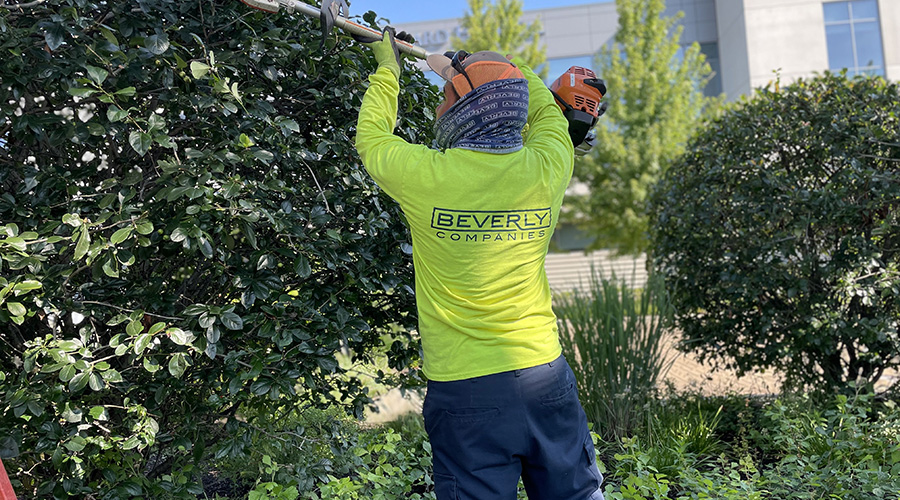Green: The Driving Issue on Grounds
The hottest color for grounds managers is green, as in the plethora of environmentally friendly lawn products and equipment on the market designed to address the evolving challenges managers face.
For example, since 1997, the U.S. Environmental Protection Agency (EPA) has been reducing the allowable emissions from small engines. Through 2012, the EPA will phase in a new set of design standards for reductions of exhaust from non-road engines, including mowers and utility vehicles, and handheld equipment, such as backpack blowers, line trimmers, and multi-task tools.
Mowers that run on alternative fuels and electricity also are emerging on the market. Biodiesel and propane are two such fuels. Vegetable-oil-based, biodegradable, and synthetic biodegradable oils are available and contribute to the greening of grounds operations.
Chemical Matters
Use of synthetic pesticides is a concern of several municipalities throughout the United States and Canada. Several communities have set up reduction strategies, while others have completely banned products.
States and communities also are regulating lawn fertilizers more heavily. Restrictions apply to fertilizers containing phosphorous — and in some areas, high levels of soluble nitrogen — to protect water supplies from damaging nutrient pollutants.
For example, starting this year, a new Maine law restricts the sale of fertilizers containing phosphorous at a retail store unless the seller posts a department-approved sign indicating the product is not appropriate for use on non-agricultural lawn or turf, due to potential adverse effects on water quality.
Compost Basics
One green practice catching attention nationally involves topdressing lawns with compost. But compost often is unregulated and untested, and some composts might not be suitable for certain lawns. Pesticide residues and heavy metals found in some compost create concerns for end users.
Composters operate under the regulations of each state's environmental protection agency and might be unaware they need to register their products as a fertilizer or soil amendment with the state's agriculture department if they claim nutrient- or soil-amending properties. Industry associations have developed new rules for bulk compost, creating standardized language that allows for compost labels to make nutrient- and soil-amending claims.
As these issues evolve, the market undoubtedly will respond with new natural or biological controls. More than ever, managers will need to understand every product's impact on the environment.
— Cathy Walker
Related Topics:











